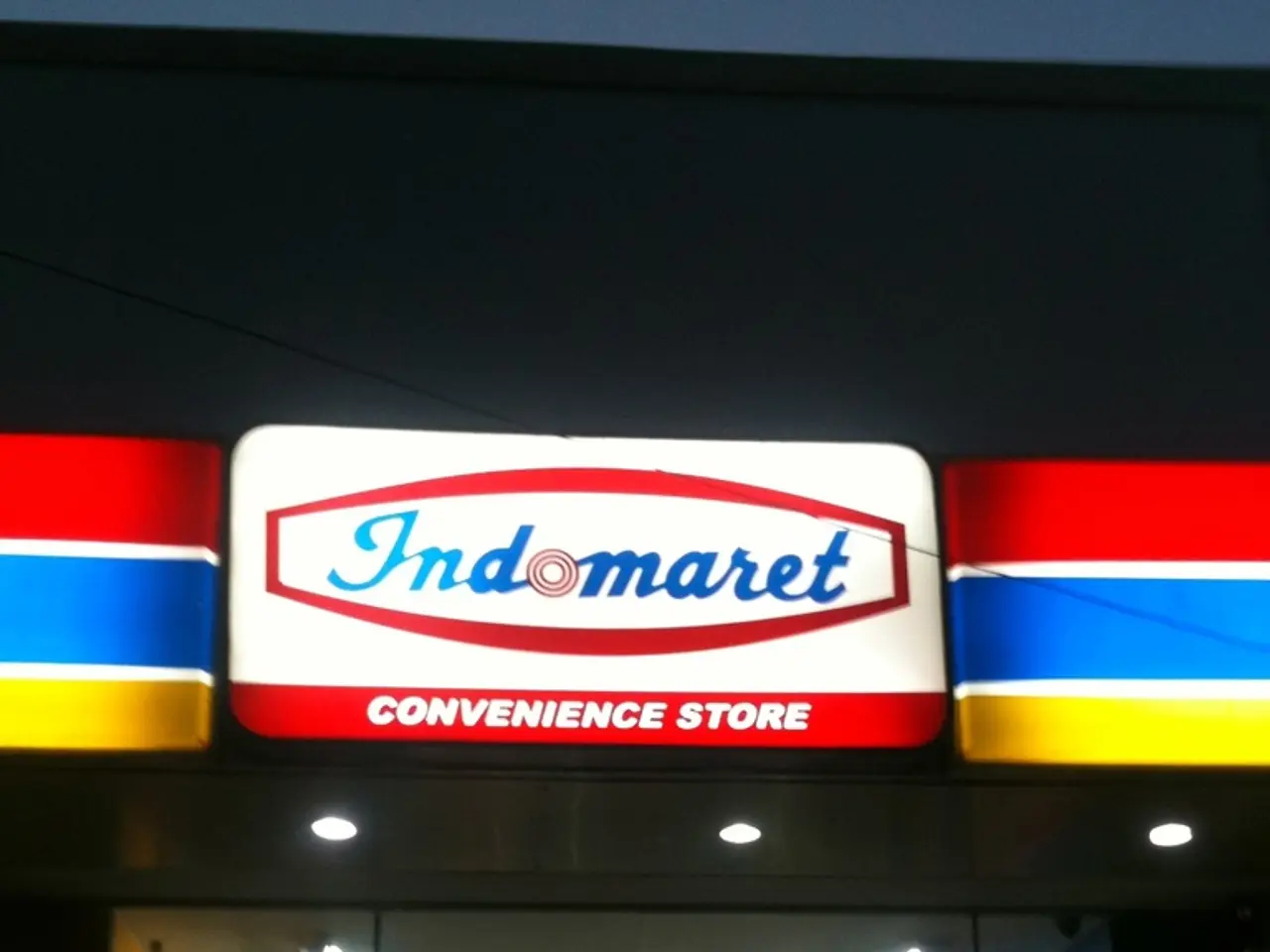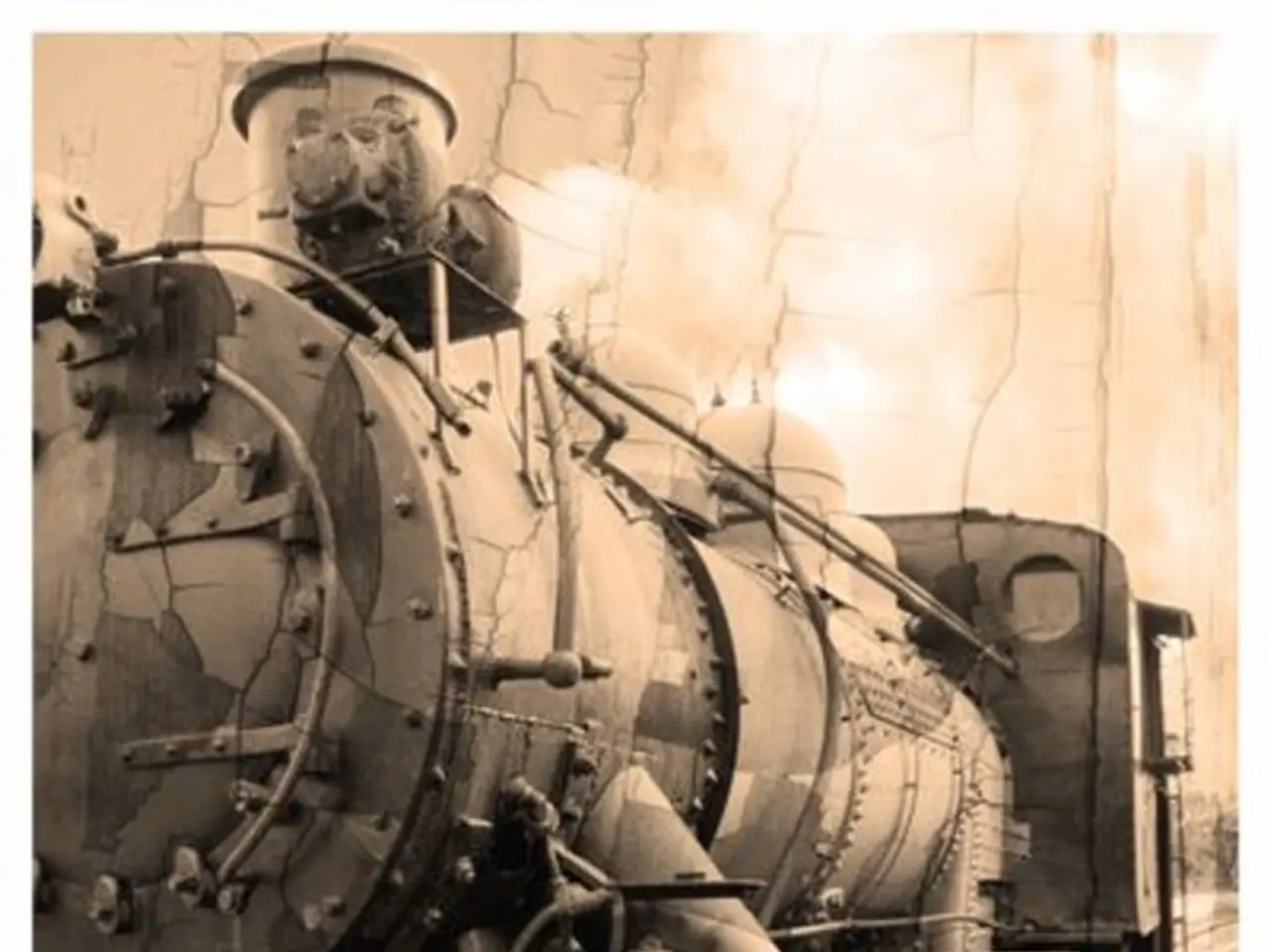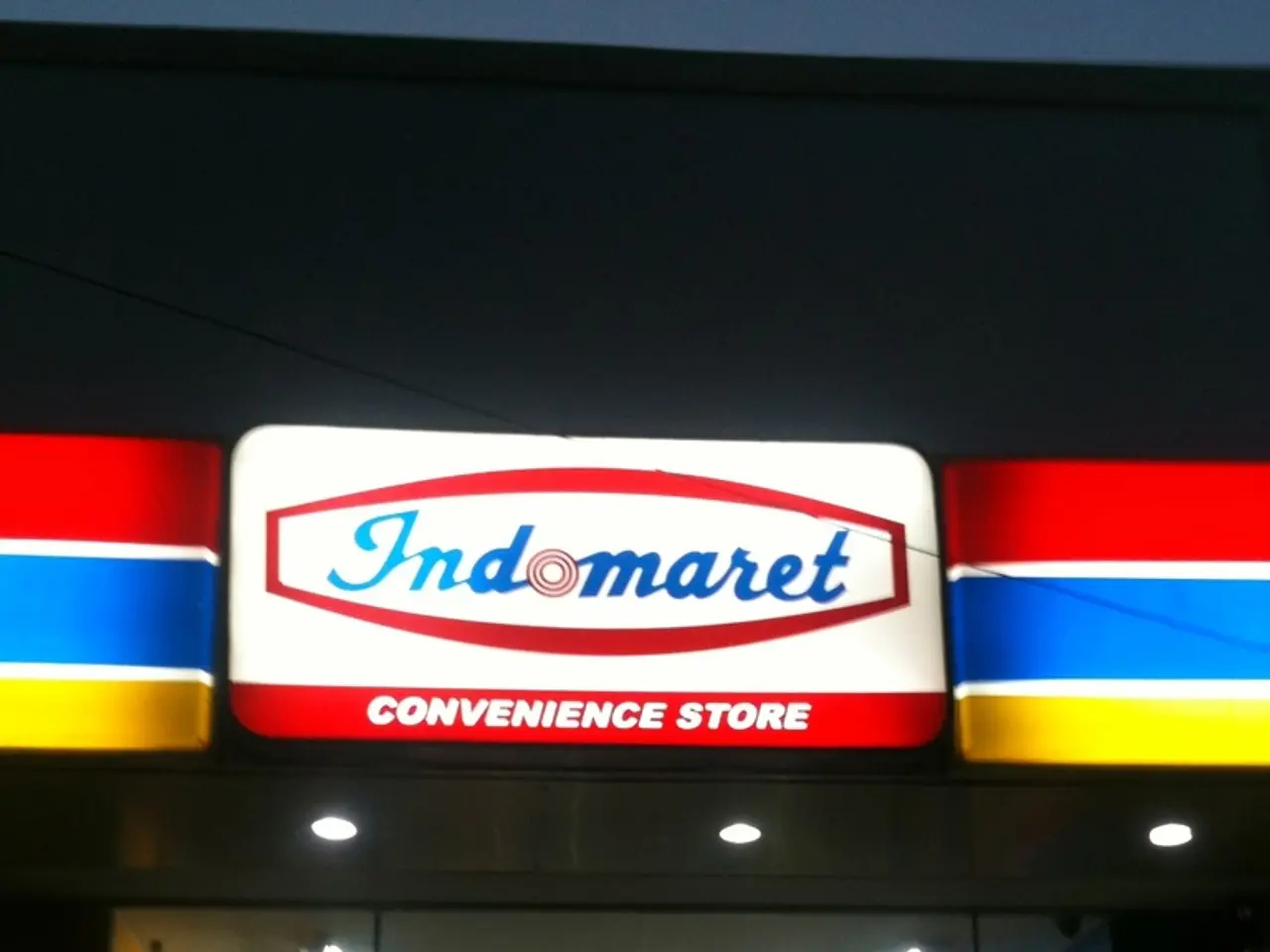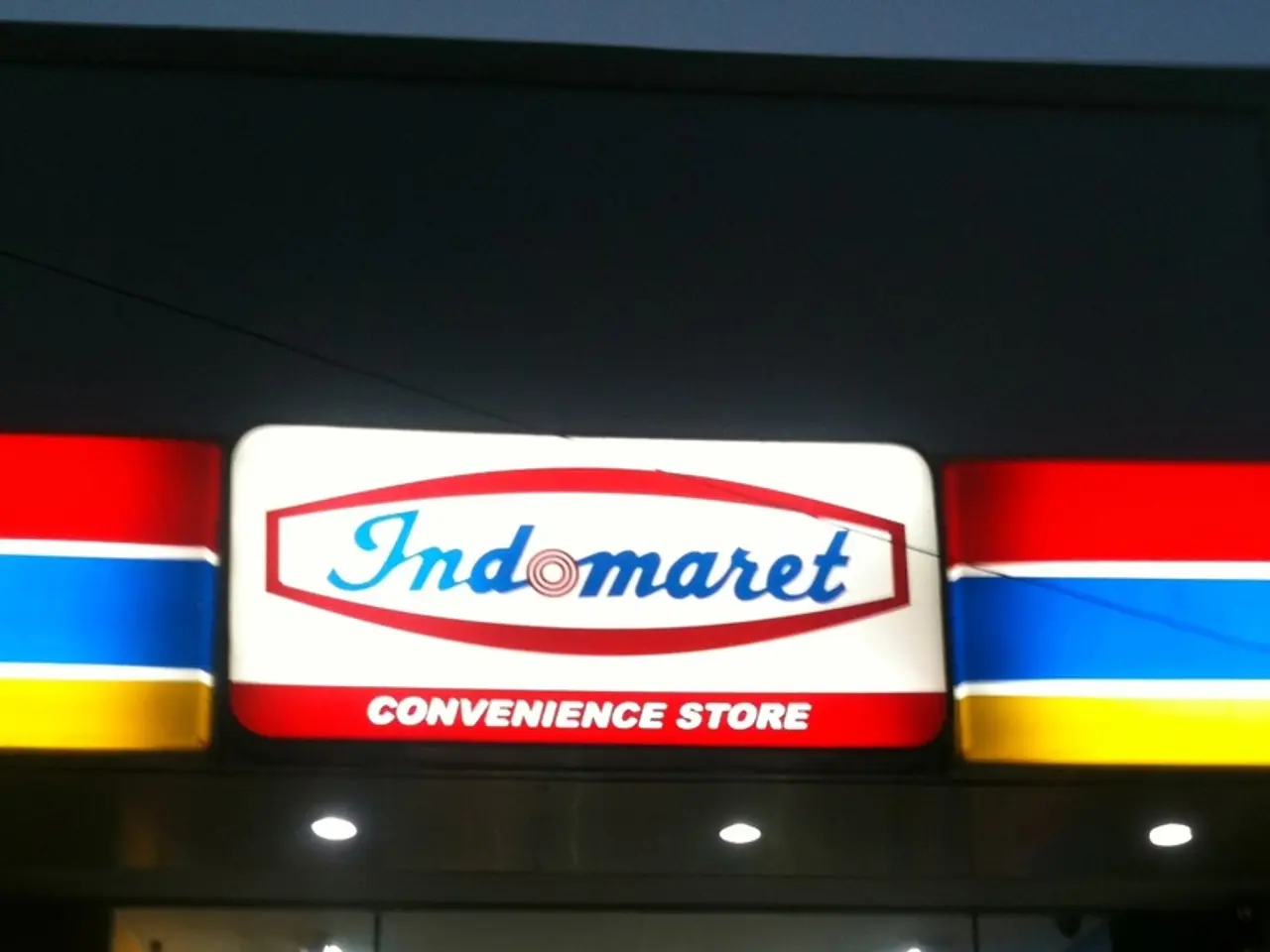Reconsidering Final Assembly: Porsche Mulls Moving Some Steps to the U.S. to Cheat Tariffs
Porsche Plans to Relocate Final Vehicle Assembly from Germany to the United States
Let's cut to the chase: Porsche, the posh sports car maker, is reportedly pondering moving parts of its final assembly process from Germany to the U.S. to give the middle finger to U.S. tariffs. According to the tea spilled by Bloomberg, Porsche could outsource steps such as interior fitting and tire mounting overseas, chit-chat sources say. But a Porsche spokesman states no plans for the SC preparation in the US, yet.
The Volkswagen offspring doesn't currently prod vehicles in the US, making it highly vulnerable to tariffs on wares shipped to the States. If Porsche moves final assembly to the US, it could keep its "Made in Germany" image intact while still toasting Donald Trump's thirst for domestic production. Volkswagen has several plants operating in the US.
The Wobble and Roll for Porsche
- Tariff Trickery: Shifting final assembly to the US lets Porsche skate around steep tariffs (25% on imported cars from the EU), which might jack up prices on models like the 911 by 50%, potentially losing some snobby buyers.
- Chain Reactions: Implementing US assembly needs major supply chain modifications, like sourcing local parts or revamping logistics. This rejiggering may take 3–7 years and could be costly initially.
- Stellar Reputation: Moving production to the US may compromise Porsche's image as a top-quality, German-made vehicle. But the company can maintain its snob appeal by enforcing stringent quality checks and sly marketing.
- Financial Flex: Visions and Versatility: By localizing production, Porsche can sidestep heavy tariffs and boost its competitive edge, similar to Tesla's US Gigafactory approach. However, Porsche has yet to decide whether to construct its own US plant or collaborate on shared production facilities to save dollars.
Fanning the Flames: Impact on the US Automotive Sector
- Investment Bonfire: US assembly could spark investment in local manufacturing, supply chain partners, and job creation, beefing up the US automotive industry and possibly persuading other luxury automakers to follow suit.
- Ratcheting-Up Competition: Rival luxury brands might up their US production games to stay in the game, especially as brands like BMW and maybe even Audi expand their US presence.
- Higher Stakes for Suppliers: US automotive suppliers could witness an uptick in demand for premium components, opening new biz opportunities but prompting heightened standards for quality and performance.
- Policy Pyrotechnics: Porsche's move could impact US trade policies, catalyzing more protectionist measures or persuading negotiations to ease tariffs. The broader industry might witness increased advocacy for stable trade terms.
Current Plot Twist
Although Porsche has mulled over leveraging VW's Chattanooga plant for US assembly, recent statements confirm no concrete plans to migrate final production to the US, and the company still hasn't erected any US production plants yet, darlin. The focus is now on lobbying and tweaking supply chains in the short term.
The Bottom Line
Porsche's decision is a precarious dance between keeping costs in check, preserving its snobby image, and managing geopolitical risks. And that dance could send ripples through the US automotive landscape.
- Porsche's consideration of moving parts of its final assembly process to the US could serve as a strategic move to evade hefty tariffs (25%) on imported cars from the EU, thereby potentially saving costs for the "Made in Germany" luxury brand.
- The restructuring of Porsche's manufacturing industry could involve significant financing for supply chain modifications, such as sourcing local parts or transportation logistics revamp, which might take 3–7 years and initially prove costly.
- By localizing production in the US, Porsche may face criticism for compromising its snob appeal as a premier, German-made automotive industry representative. However, the company can maintain its image by enforcing stringent quality checks and adopting sly marketing tactics.





